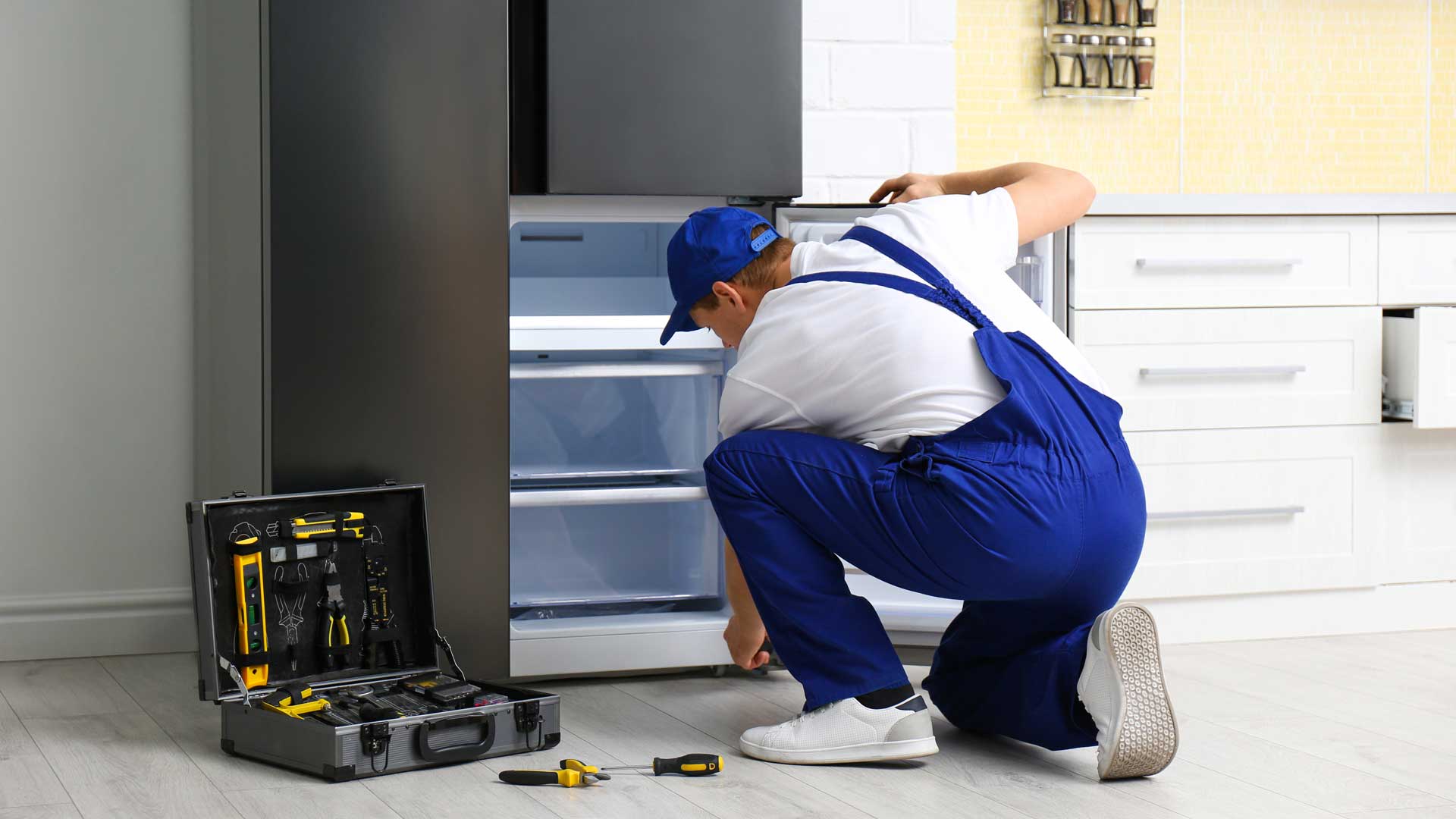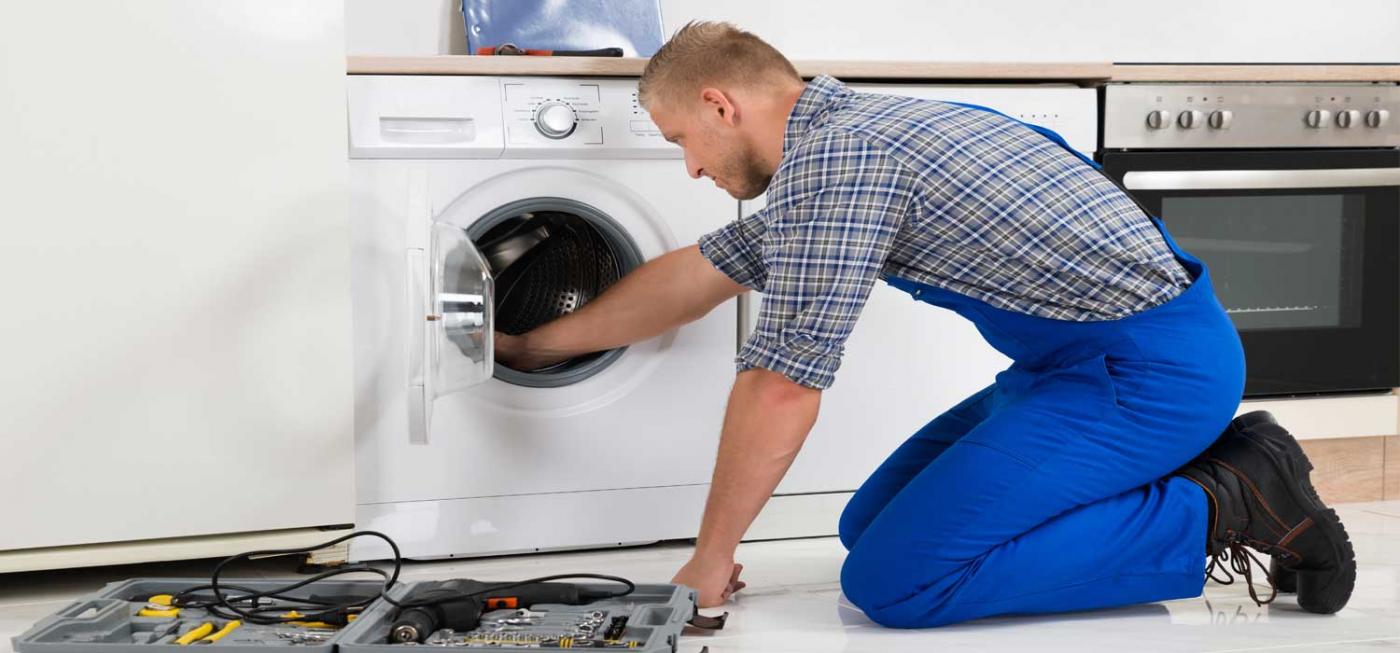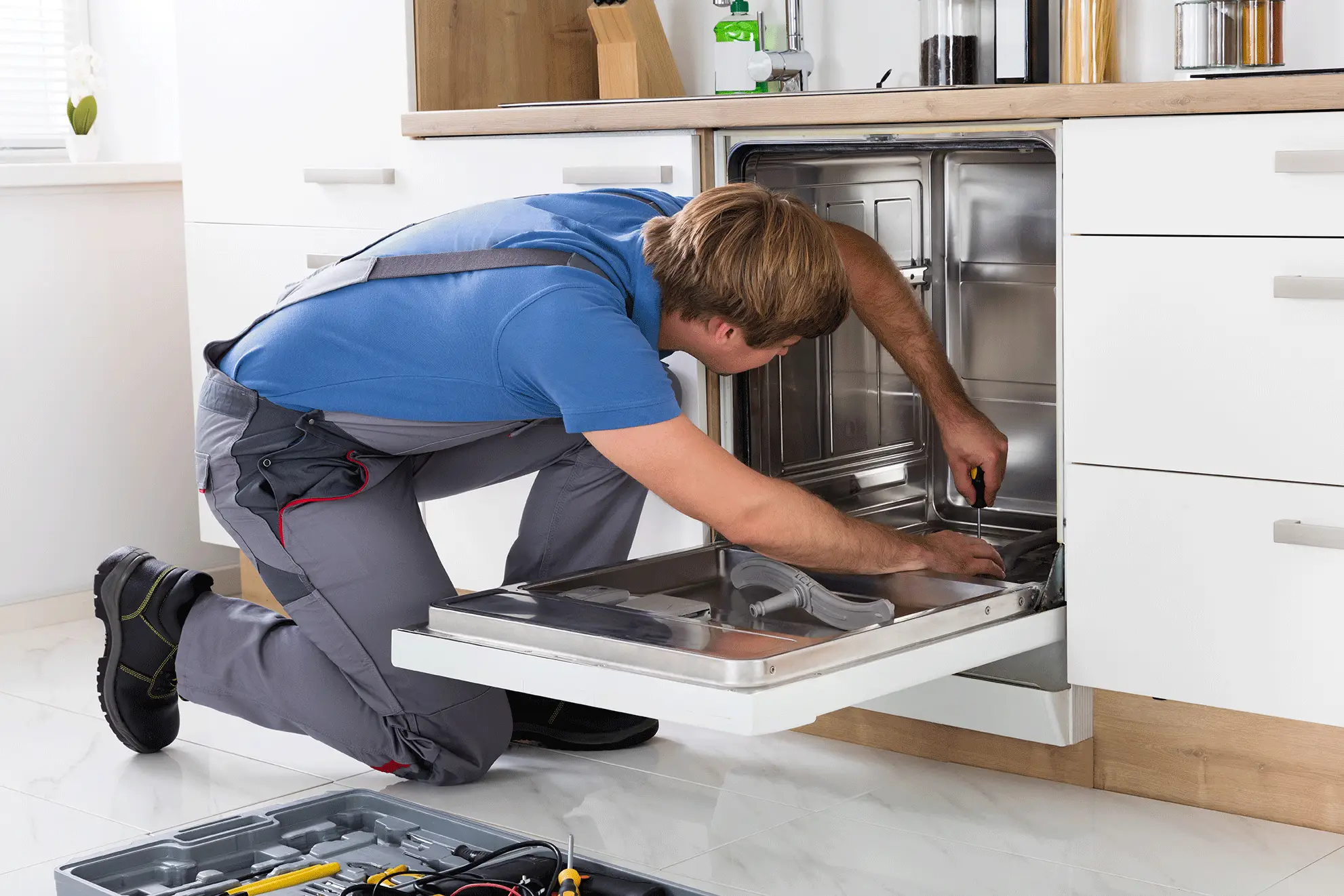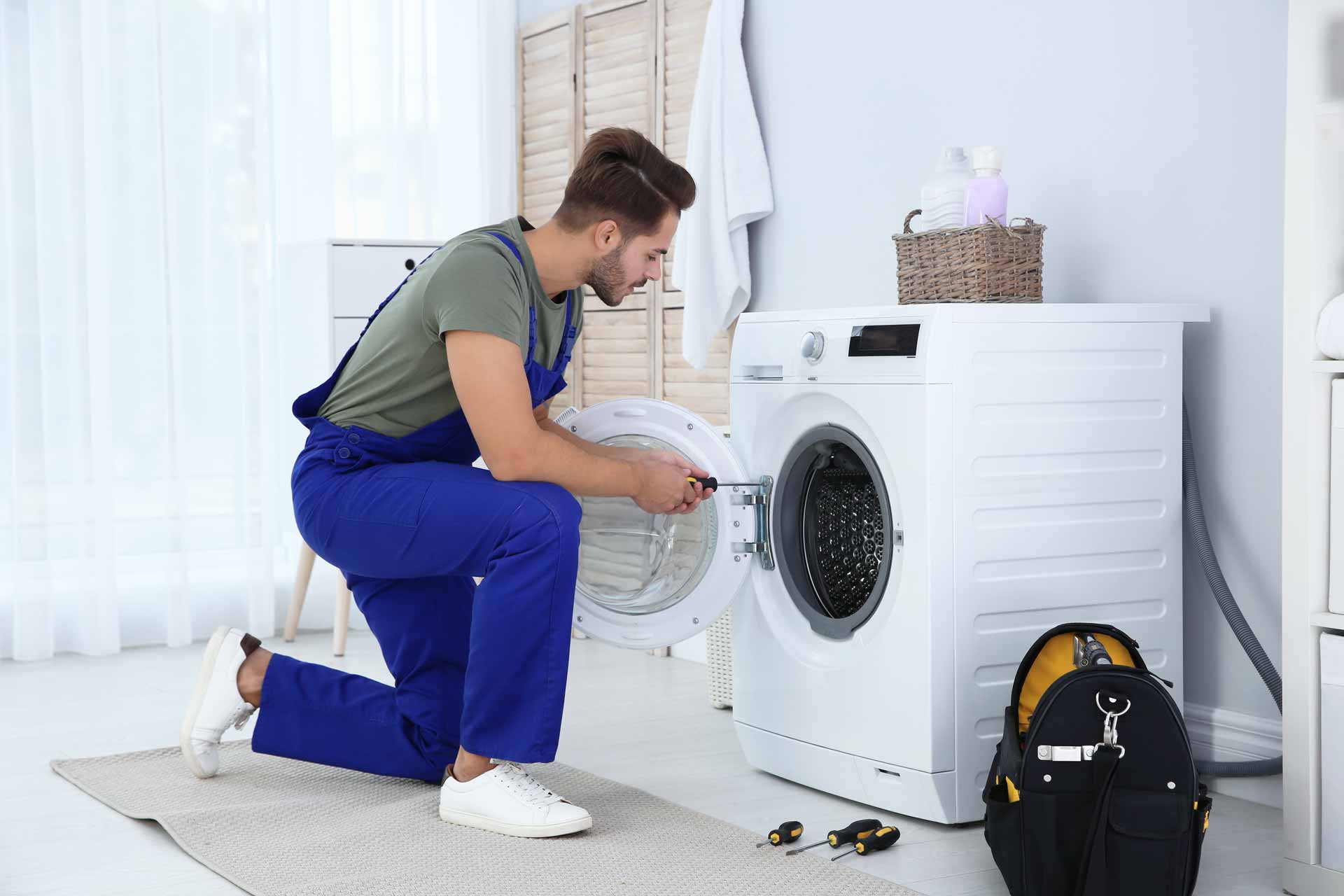The Most Common Appliance Repairs in Toronto Homes
Toronto is a bustling, diverse metropolis, with thousands of homes filled with modern conveniences. Among the most important elements in making life easier and more comfortable are household appliances. From refrigerators to dishwashers, washing machines to stoves, these appliances are integral parts of everyday life. However, just like any other mechanical or electrical device, appliances can break down, sometimes unexpectedly.
Understanding the most common appliance repairs in Toronto homes can help residents take proactive steps in maintenance, avoid costly repairs, and make informed decisions when an appliance breaks down. In this article, we'll explore the most frequent appliance repairs in Toronto homes and provide tips on how to address or prevent these issues.
1. Refrigerator Repairs
The refrigerator is arguably one of the most crucial appliances in any home. It keeps food fresh and prevents spoilage, making it indispensable for daily living. However, refrigerators can experience a variety of issues over time. Here are some common problems:
-
Not Cooling Properly: One of the most frequent issues with refrigerators is when they fail to cool properly. This could be due to a faulty thermostat, a clogged condenser coil, or a malfunctioning compressor. If your fridge isn’t cooling effectively, it’s essential to address it promptly, as food can spoil quickly.
-
Water Leaks: Water leakage under the fridge can stem from a clogged defrost drain or a blocked water line to the ice maker. This problem may lead to water damage on your kitchen floor and even mold growth if not addressed.
-
Strange Noises: Noises such as buzzing, grinding, or rattling sounds often indicate a malfunction. It could be a problem with the condenser fan, evaporator fan, or even the compressor.
-
Ice Maker Not Working: If your fridge has an ice maker, it may occasionally stop producing ice. This could be due to a frozen water line, a malfunctioning valve, or a blocked filter.
2. Washing Machine Repairs
Washing machines are another household appliance that sees frequent use. They are built to handle heavy loads of laundry, but over time, parts can wear down or become clogged. Some of the most common washing machine problems include:
-
Not Starting: If the washing machine fails to start, the issue could be with the power supply, door switch, or even a blown fuse. This problem can be easily diagnosed and repaired by checking the power cord, circuit breaker, and switches.
-
Water Drainage Issues: If the washing machine isn't draining water properly, there could be a clog in the drain hose or pump. This could lead to water pooling inside the machine, causing unpleasant odors and even mold growth. Ensure that the hose is clear and not kinked.
-
Excessive Vibration: When a washing machine vibrates excessively during the spin cycle, it could be a result of unbalanced loads, worn-out shock absorbers, or damaged suspension springs. If left unchecked, this can lead to significant wear and tear on the machine.
-
Leaks: Water leaks can happen due to a damaged door seal, clogged hose, or worn-out pump. If your machine is leaking, inspect the components carefully for visible damage and replace them as necessary.
Routine maintenance, such as checking for worn parts and ensuring the machine is level, can help prevent many of these issues.
3. Dishwasher Repairs
Dishwashers have become a staple in modern Toronto homes, making it easier to clean dishes efficiently. However, like any appliance, dishwashers can face issues over time. Here are a few common dishwasher problems:
-
Not Cleaning Dishes Properly: If your dishes aren't coming out clean, it may be due to clogged spray arms or a dirty filter. Check the spray arms for any debris and clean or replace the filter regularly to ensure optimal performance.
-
Water Drainage Issues: Similar to washing machines, dishwashers can also experience drainage problems. A clogged drain hose or a malfunctioning pump can result in water sitting in the bottom of the dishwasher, causing unpleasant odors and potentially damaging the appliance.
-
Leaking Water: Leaks can occur due to a worn-out door seal or a broken valve. If your dishwasher is leaking, inspect the door seal, hose connections, and the pump for signs of wear.
-
Electrical Problems: If your dishwasher isn’t turning on, the issue could lie in the control board, a blown fuse, or faulty wiring. Electrical problems should be diagnosed and repaired by a professional to prevent further damage or safety hazards.
4. Oven and Stove Repairs
Ovens and stoves are essential kitchen appliances, used for cooking meals day in and day out. When these appliances break down, it can be a real inconvenience. Common problems with ovens and stoves include:
-
Oven Not Heating: One of the most common issues with ovens is failure to heat. This could be caused by a malfunctioning heating element, a blown fuse, or issues with the thermostat. An oven that doesn’t heat properly can make cooking a challenge, so it’s important to address this issue promptly.
-
Burner Not Working: Electric stoves with coils may experience issues where one or more burners stop working. This could be due to a faulty coil, burner switch, or control board. Inspect the coils for any visible damage and ensure the burner switch is functioning properly.
-
Gas Stove Problems: For those with gas stoves, issues can include the pilot light not lighting or the stove not igniting. This could be related to a gas supply issue, a faulty ignition switch, or a malfunctioning gas valve. Always exercise caution when working with gas appliances, and call a professional if you suspect a gas leak or safety hazard.
-
Oven Door Not Sealing: If your oven door doesn't seal properly, heat can escape, making cooking inefficient and energy-consuming. This can be due to a broken door seal or hinge. Replacing the seal will restore the oven’s efficiency.
Regularly checking the heating elements, cleaning the stove top, and maintaining the seals on the oven door can help extend the lifespan of your cooking appliances.
5. Dryer Repairs
Dryers are essential for quickly drying clothes, especially in Toronto’s colder months when line drying is not an option. However, dryers often experience issues due to lint buildup, wear and tear, or mechanical failure. Some common dryer problems include:
-
Not Heating: If your dryer doesn’t heat up, it could be caused by a faulty heating element, thermostat, or thermal fuse. A lack of heat can significantly slow down drying times and leave clothes damp.
-
Long Drying Times: If your dryer takes too long to dry clothes, there could be a clogged vent or lint buildup in the dryer drum. Check the venting system for any blockages and clean out the lint trap regularly.
-
Excessive Noise: A noisy dryer could indicate worn-out drum rollers, a malfunctioning motor, or a damaged belt. If the noise is loud and persistent, it’s important to check the internal components for any signs of wear.
-
Not Turning On: When a dryer won’t turn on, it may be due to a faulty door switch, broken belt, or blown thermal fuse. Troubleshooting the power supply, door latch, and internal components can help identify the root cause.
6. Microwave Repairs
Microwaves have become an essential part of any modern kitchen, offering a fast and convenient way to heat food. Common issues with microwaves include:
-
Not Heating: If your microwave isn’t heating food properly, it could be due to a malfunctioning magnetron, diode, or capacitor. A lack of heating may indicate a need for professional repairs.
-
Turntable Not Spinning: If the turntable doesn’t spin, food may cook unevenly. This could be caused by a faulty motor or a worn-out turntable coupler. Replacing these parts can resolve the issue.
-
Unusual Noises: Strange noises coming from a microwave can be caused by a malfunctioning fan or a problem with the microwave's internal components. If the noise persists, it’s best to have the microwave inspected by a professional.
Conclusion
Appliance repairs are an inevitable part of homeownership in Toronto. Understanding the most common appliance issues, as well as regular maintenance tips, can help you extend the life of your appliances and avoid costly repairs. Whether it's a refrigerator, washing machine, dishwasher, oven, or dryer, addressing problems early on can save you time, money, and frustration.
It’s essential to work with certified technicians when handling more complex repairs to ensure safety and efficiency. By staying on top of maintenance and responding quickly to signs of malfunction, you can keep your household running smoothly for years to come.






